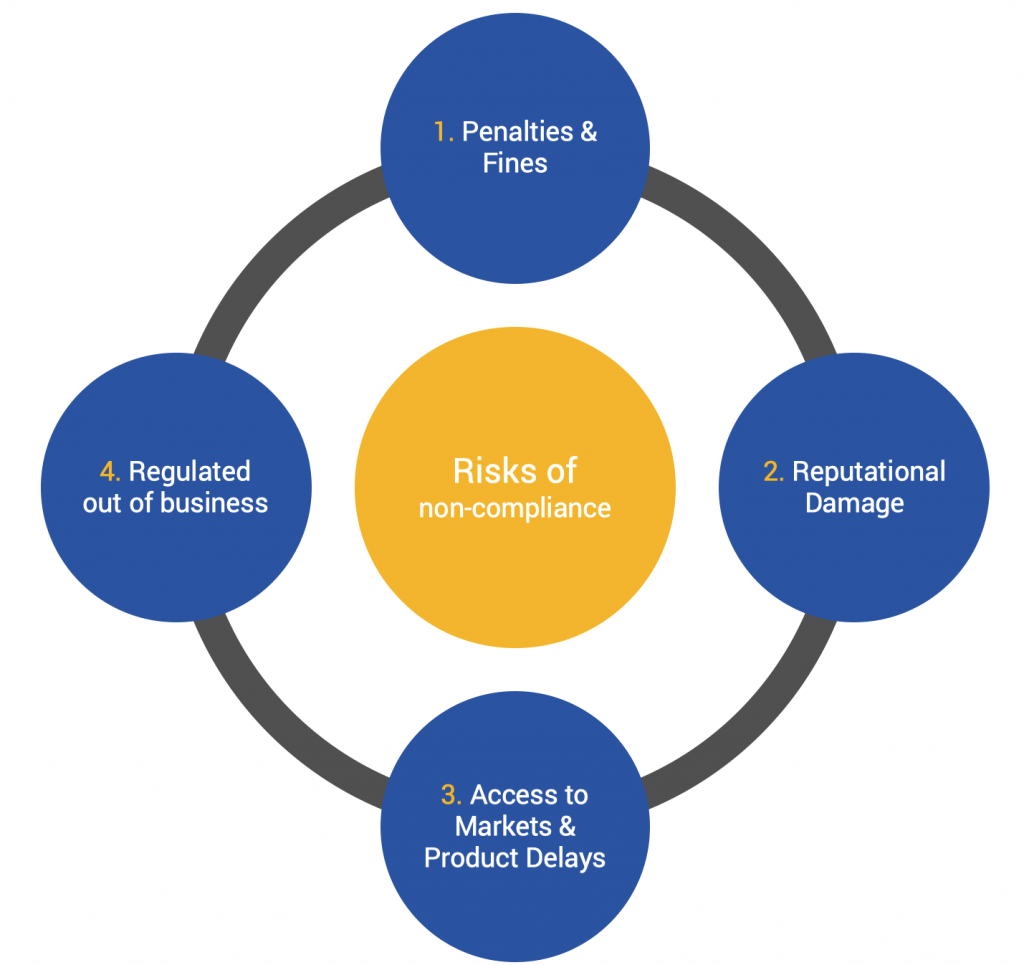In today’s digital age, data privacy has become a hot topic as more and more personal information is being collected and shared online. With the rise of data breaches and privacy scandals, governments around the world have implemented strict privacy laws and regulations to protect individuals’ data. As a tech company, navigating these compliance challenges is essential to avoid hefty fines and maintain trust with your customers.
The Importance of Privacy Compliance
Privacy compliance is not just a legal requirement, but it is also critical for maintaining a positive reputation and customer trust. In today’s hyper-connected world, consumers are more aware of their digital privacy rights and are increasingly concerned about how their data is being used. Failure to comply with privacy laws can result in severe consequences, including fines, legal action, and damage to your brand’s reputation.
Understanding Privacy Laws and Regulations
There are numerous privacy laws and regulations that tech companies must adhere to, depending on their location and the nature of their business. Some of the most notable privacy laws include the General Data Protection Regulation (GDPR) in Europe, the California Consumer Privacy Act (CCPA) in the United States, and the Personal Information Protection and Electronic Documents Act (PIPEDA) in Canada.
These laws dictate how companies can collect, store, and use personal data, as well as the rights that individuals have over their own data. It is essential for tech companies to familiarize themselves with these laws and ensure that their data practices are in compliance with the regulations.
Challenges of Privacy Compliance
One of the biggest challenges tech companies face when it comes to privacy compliance is the sheer complexity and volume of regulations. With different laws in different regions and frequent updates and amendments, staying on top of compliance requirements can be a daunting task. Additionally, the rapid pace of technological innovation often outpaces the development of new privacy laws, making it difficult for companies to adapt their practices accordingly.
Another challenge is the potential conflict between privacy compliance and business interests. Companies may be tempted to prioritize data collection and analysis for marketing purposes over privacy compliance, leading to potential conflicts with regulations. Balancing the need for data-driven insights with the obligations of privacy laws can be a delicate tightrope to walk.
Strategies for Navigating Privacy Compliance
Despite the challenges, there are strategies that tech companies can implement to effectively navigate privacy compliance. Here are some key steps to help you stay on the right side of the law:
1. Conduct a Privacy Audit
Start by conducting a thorough audit of your data collection, storage, and sharing practices. Identify any gaps or areas of non-compliance and take immediate steps to rectify them.
2. Implement Privacy by Design
Adopt a privacy-centric approach to product development by incorporating privacy features from the outset. This will help you build trust with customers and ensure compliance from the start.
3. Educate Your Team
Train your employees on privacy best practices and ensure that everyone in your organization understands their role in maintaining compliance. Regular training sessions and updates on privacy regulations are essential.
4. Stay Up-to-Date
Monitor regulatory changes and updates regularly to ensure that your practices remain in line with the latest requirements. Consider working with legal experts or consultants to stay on top of changing privacy laws.
Conclusion
Privacy compliance is a critical aspect of running a tech company in today’s digital world. By understanding the importance of privacy laws and regulations, the challenges of compliance, and implementing effective strategies, tech companies can ensure that they are protecting their customers’ data and maintaining trust. Navigating privacy compliance may be complex, but it is essential for the long-term success and sustainability of your business.
